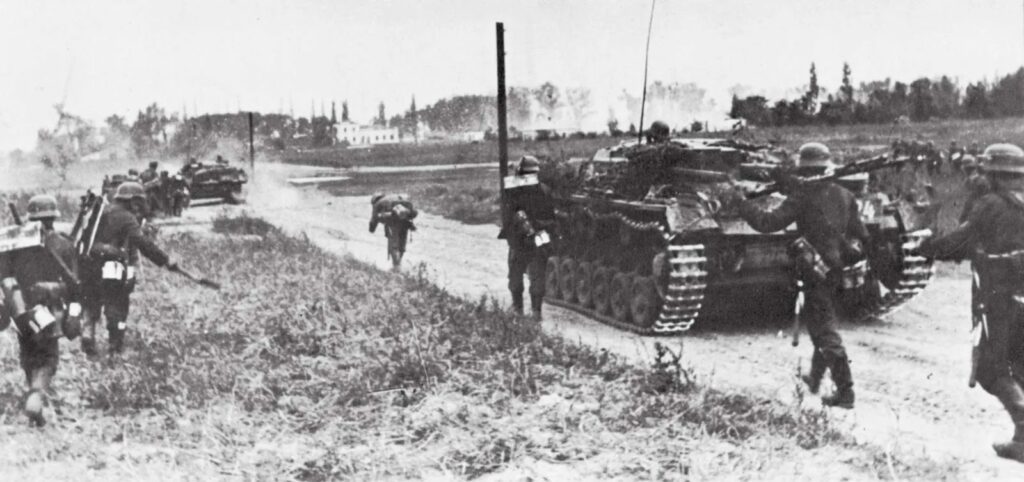May marks the end of World War II in Europe, Victory in Europe Day, commemorating not just the cessation of war, but also the resilience of humanity. Eighty years on, the memories of that global conflict remain etched in literature. Through memoirs, fiction, and testimonies, books about World War II do more than chronicle battles and strategies, they bear witness to the suffering, strength, and survival of individuals caught in history’s deadliest conflict. Among these, several titles have stood out, especially for their raw humanity and perspective.
“The Unwomanly Face of War” by Svetlana Alexievich
One of the most powerful and often-overlooked aspects of the Second World War is the contribution of women, particularly in the Soviet Union. In The Unwomanly Face of War, Nobel Laureate Svetlana Alexievich gives voice to Soviet women who served on the front lines, not only as nurses, but also as snipers, tank drivers, cannon commanders, and de-minors. These are not romanticized stories of patriotism, but painfully intimate accounts of blood, trauma, and the shattering of femininity in war. Alexievich’s oral history technique allows these women to speak for themselves, many for the first time, shedding light on what it meant to be female in a world of unimaginable violence. This book is a critical correction to the traditional male-centric narratives of the war.
“A Woman in Berlin” by Anonymous
If The Unwomanly Face of War reveals women’s participation in the fight, A Woman in Berlin documents their victimization and survival. Written anonymously by a German journalist, this diary recounts the author’s experience during the fall of Berlin in 1945, a time when Soviet troops occupied the city and widespread rape was inflicted on German women. This stark, unflinching memoir, originally published to controversy, has since been re-evaluated as a crucial document of war’s impact on civilians—particularly women. It forces readers to confront uncomfortable truths: the moral ambiguities of victimhood, survival, and what it means to endure when humanity breaks down.
“Man’s Search for Meaning” by Viktor E. Frankl
Viktor Frankl’s Man’s Search for Meaning is both a psychological treatise and a testimony of survival. A Jewish psychiatrist and Holocaust survivor, Frankl writes about his experiences in Nazi concentration camps, including Auschwitz. Yet, this book is not simply a recounting of suffering. Rather, Frankl explores how even in the bleakest conditions, human beings can find meaning. His development of logotherapy, centered around the idea that purpose is the primary driver in our lives, offers not just insight into trauma, but also a profound philosophy of hope and resilience. It remains one of the most influential books of the 20th century, especially in the context of war and human suffering.
“Stalingrad” by Antony Beevor
While personal testimonies ground us in the emotional heart of the war, Antony Beevor’s Stalingrad offers a sweeping, meticulously researched military history that captures one of the most brutal and decisive battles of the Second World War. The siege of Stalingrad marked a turning point on the Eastern Front, but Beevor’s narrative goes far beyond strategy and statistics. Drawing on letters, diaries, and archival records, he presents the psychological and physical toll on both Soviet and German soldiers, as well as the suffering of civilians trapped in the city. The book’s power lies in its human detail—starvation, frostbite, despair—and its portrayal of how ideology, pride, and fear consumed millions of lives. It is a modern classic of war literature.
Other Essential World War II Books
To gain a fuller picture of the war, other titles complement these seminal works.
Irene Nemirovsky’s Suite Française, written during the early years of the German occupation of France, is a haunting, unfinished novel that captures the chaos of France’s fall. Nemirovsky, herself a victim of the Holocaust, was arrested and killed in Auschwitz, and her manuscript was only published decades later. Its lyrical prose and piercing humanity offer a moving insight into life under occupation.
For a sweeping global view, Beevor’s other work, The Second World War, ties together key theaters and themes—from North Africa to the Pacific, from diplomacy to genocide—while maintaining a focus on individuals caught in the machinery of conflict.
Why These Stories Matter
As time passes and the last eyewitnesses to World War II fade away, literature becomes a vital bridge to memory. These books—personal, painful, poetic—remind us that war is not only about nations and numbers, but about individual lives: a mother burying her child, a soldier grappling with guilt, a child watching the world collapse.
In remembering the end of World War II, we do more than commemorate a historical date. We honor the endurance of the human spirit, the complexity of human morality, and the necessity of remembrance. These books give voice to those who lived through a time that should never be repeated. And as readers, our responsibility is to listen, to reflect, and to ensure that such stories never fade into silence.
Most importantly, these books remind us that in war, there are no true winners. Victory may be declared, but the cost is always immeasurable—paid in human lives, shattered homes, lost generations, and deep psychological scars. War marks everyone it touches, and its impact stretches far beyond the battlefield. These stories are not just memories—they are warnings, urging us never to repeat what should never have been. Let these pages never gather dust.
